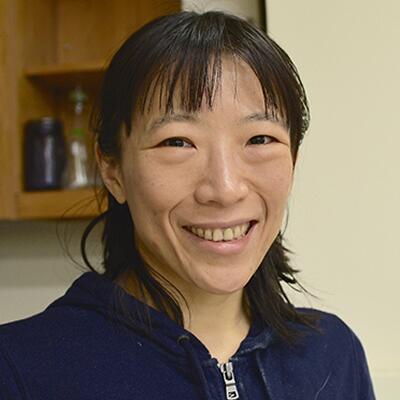Yun Chen, associate professor in the Johns Hopkins University's Department of Mechanical Engineering and associate researcher at the Institute for NanoBioTechnology, is one of five inaugural recipients of the National Science Foundation's Trailblazer Engineering Impact Award. The three-year, $3 million award supports high-risk, high-reward novel research projects that creatively address major societal challenges, advance U.S. leadership, and merge engineering and science fields.

Image caption: Yun Chen
The NSF selected Chen for the award based on the strength of her research project and her track record of conceiving and executing transformative research projects and making major contributions toward solving significant research problems.
For her project, Chen proposes to apply the rules of quantum mechanics to control how cells behave. Inspired by enzymes sensitive to magnetic fields that influence the rate of many cellular functions, she plans to engineer a class of synthetic proteins, called quantum-enabled dial (QED), that can be modulated by magnetic fields to control any biochemical reaction.
"The goal is that by adjusting the strength and pattern of the magnetic field, we could start, stop, increase, or decrease reactions in the human body," she said.
If successful, QEDs have the potential to transform synthetic biology to manufacture healthy tissues to replace damaged tissues, and in medicine to produce smart drugs that activate precisely when and where they are needed in the body. QEDs could also revolutionize quantum computing. Most current quantum computers operate at minus 459 degrees Fahrenheit (minus 273 degrees Celsius), but using QED as a computational unit could allow them to operate at room temperature, which is the most challenging aspects of quantum computing.
"QEDs can address many grand challenges in fields like synthetic biology, tissue engineering, medicine, and quantum computing," Chen said. "I am excited to be given the opportunity to develop this technology."







